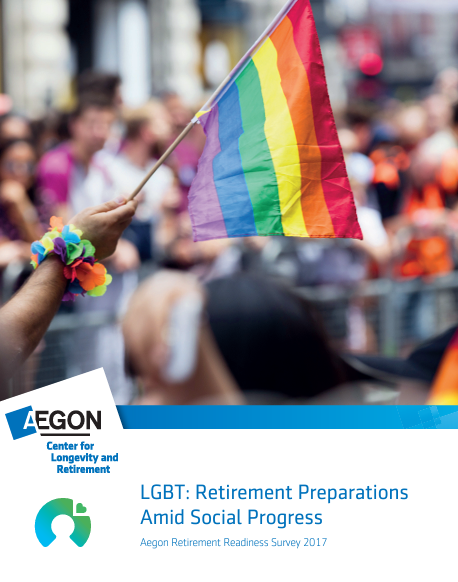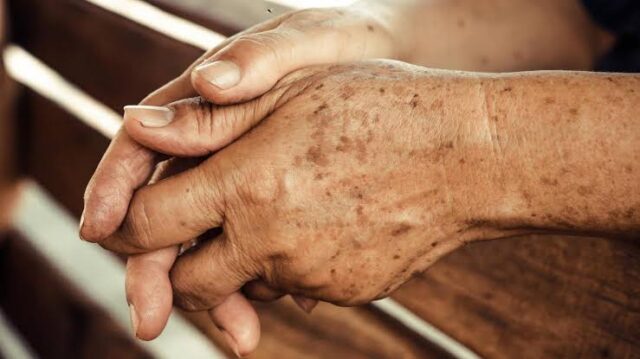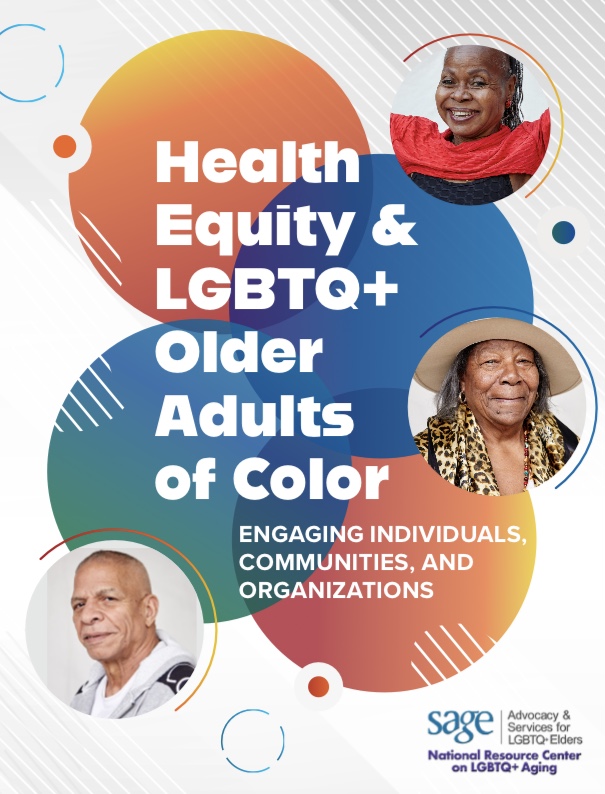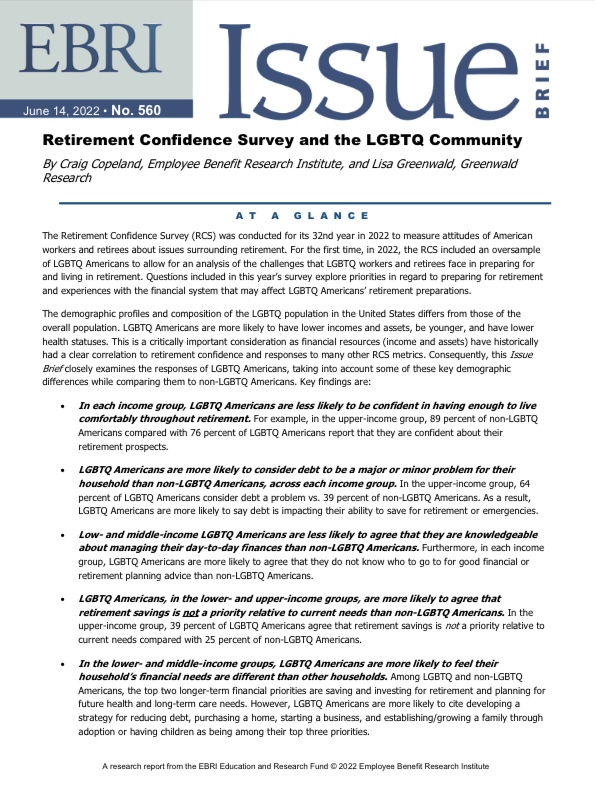Taiwan Shifts on Immigration as Birth Rate Falls
Taiwan is set to loosen regulations on hiring caregivers, opening the door for more foreigners to meet the rising demand for elderly care in its fast-graying society. A long-standing evaluation will soon no longer be required for the most vulnerable elderly to receive live-in assistance from foreigners, Deputy Labor Minister Wang An-pang told Taiwan's legislature last week. Like its East Asian neighbors, Taiwan is becoming a super-aged society, with people over 65 years old already comprising about 18 percent of the...










